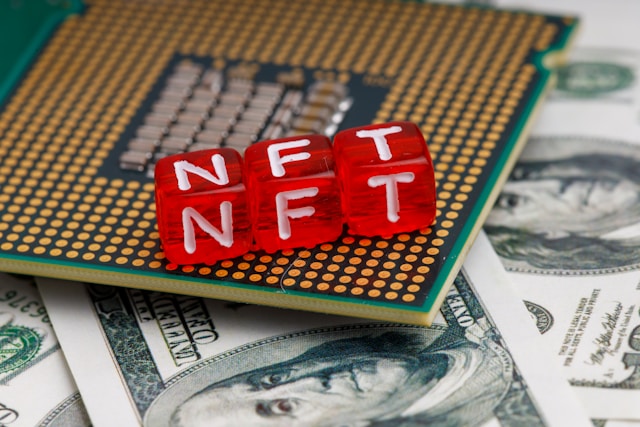And finally… glitch in the matrix

Thousands of high-value Non-Fungible Tokens (NFTs) from the Nike-backed CloneX RTFKT collection temporarily disappeared from the internet, replaced by a service restriction notice from Cloudflare.
The incident, attributed to a service migration to a free account, has reignited concerns about the permanence of digital assets and the sustainability of the crypto-backed picture craze.
The NFTs, a collaboration with Japanese artist Takashi Murakami, vanished around 5am EST on 24 April. Users attempting to view their collectables, once collectively worth millions of dollars, were met with a message stating: “This content has been restricted. Using Cloudflare’s basic service in this manner is a violation of the Terms of Service.” The images were later restored, 404media reports.
The disruption occurred because the company that acquired RTFKT, Nike, is no longer investing the same level of resources into the project. Samuel Cardillo, RTFKT’s former CTO and now a consultant overseeing the project, explained that Cloudflare moved the project to a free plan sooner than anticipated. He is currently migrating the NFTs from a DigitalOcean cloud server to AWS, with the ultimate goal of decentralising the assets on ArWeave, a blockchain designed for data storage.
“The reason we’re moving to the free plan is that RTFKT is sunset, there are no plans to do any drops or anything like that so having a paid plan with Cloudflare makes absolutely no sense anymore,” Mr Cardillo stated.
This event starkly contrasts with one of the original selling points of NFTs: their supposed eternal existence on the internet as immutable digital assets. The temporary erasure of approximately 19,000 NFTs, representing a significant Etherium value, has called this into question.
Nike acquired RTFKT in 2021 at the height of NFT speculation, a period when many corporations believed these digital tokens were the next frontier. However, three years on, Nike has decided to “sunset” the project. Mr Cardillo, who once led a team of twelve, is now solely managing the transition.
The incident coincided with a class-action lawsuit filed in a New York federal court by an Australian resident against Nike. The lawsuit alleges that Nike ending support for RTFKT caused significant financial losses for NFT holders. Mr Cardillo declined to comment on the lawsuit but expressed his continued belief in the underlying technology, hoping it can move beyond speculative trading. “I hope people see the point of this technology itself and stop using it to fuel the casino that crypto became,” he said.







